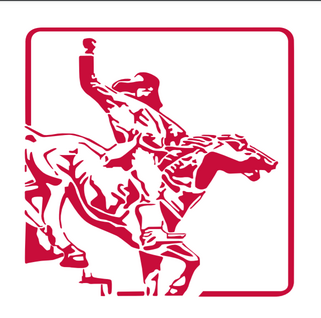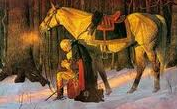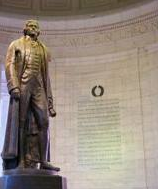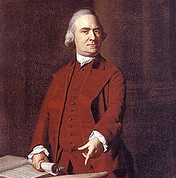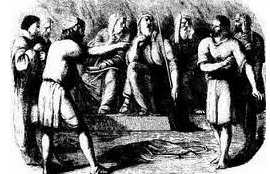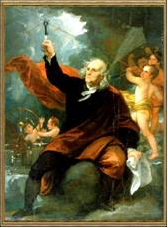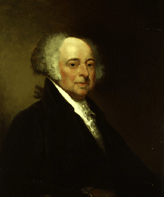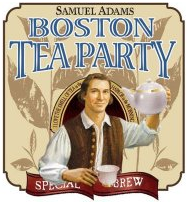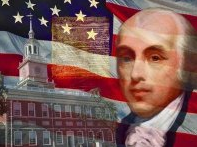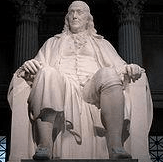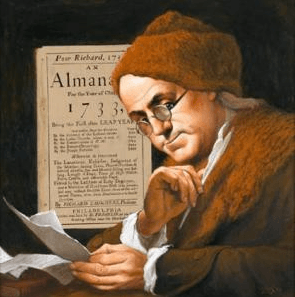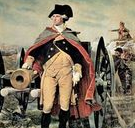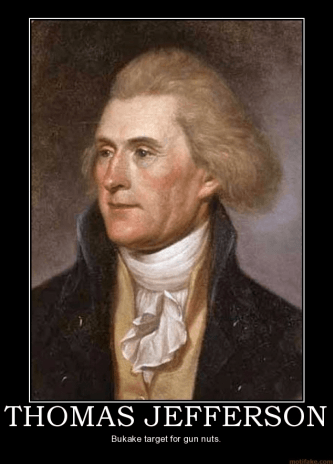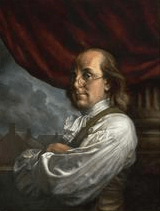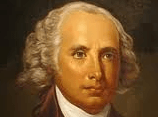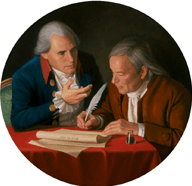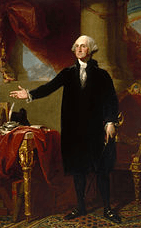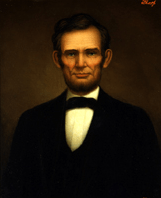George Washington said it this way: “The propitious smiles of heaven can never be expected on a nation that disregards the eternal rules of order and right which Heaven itself has ordained.”
What if YOU could start a country? How would YOU design it? Our Founding Fathers studied the ancient civilizations of Israel, Greece, Rome and the Anglo-Saxons to learn what works and what doesn’t work in “the affairs of men.” They called these principles “The Laws of Nature and Nature’s God.” Can you explain these laws to your friends? The first step to restoring our Country must be to learn what they learned and to see what they saw. Knowing these elementary truths will help you understand why so many of our modern laws don’t work today. Why, after 50 years of the War on Poverty and trillions of dollars spent do we have a higher percentage of poor than we have ever had before? The following essay will introduce you in the briefest of fashions to the basic elements of their wisdom. For a downloadable copy of this essay in a tri-fold brochure format that you can keep in your briefcase or share with your friends, click here. Put the Ancient Wisdom at your finger tips!
The American Experiment is faltering and we may have only a short time to keep it alive. To do so, we must return to the Formula our Founding Fathers developed that led to greater personal prosperity and human rights progress than ever before in recorded history. This Formula is based on the presupposition that just as there are physical laws that govern the physical world, so there are social laws that govern Civil Society and preserve the family. In the Declaration of Independence, Thomas Jefferson called these laws the “Laws of Nature and Nature’s God” but most Americans no longer know what they are or how to activate them. The statutes that legislators pass must cooperate with these fundamental truths or they will be unsuccessful in the long term. We have woefully strayed from these eternal principles and they must be restored for social order and prosperity to return to our nation. (cf. Jeremiah 6:16 NASV)
Additionally, Jefferson described these laws as: “self-evident.” That means they are readily apparent to anyone with basic common sense who will take the time to look at the world around them. We cannot violate these principles and expect a different outcome any more than we can walk off the Empire State Building and expect not to fall or we can plant corn and expect to get beans. The civil Laws of Nature don’t necessarily resolve themselves immediately like the law of gravity does, but over time, they are surely tied to the law of sowing and reaping which says that all seeds reproduce after their own kind. (cf. Gen 1:34)
Many of these principles are financial. We all know instinctively the universal truths attributed to Abraham Lincoln:*
- You cannot bring about prosperity by discouraging thrift.
- You cannot strengthen the weak by weakening the strong.
- You cannot help the poor by robbing the rich.
- You cannot lift the wage earner by pulling down the wage payer.
- You cannot avoid fiscal failure by spending more than you take in.
- You cannot establish security on borrowed money.
- You cannot help people permanently by doing for them what they will not do for themselves.
Some of the other Laws of Nature that were discovered by our Founders are not so obvious today. The Cornerstone Truth is this:
1. Mankind’s inalienable rights do not come from our government but from our Creator.
The government does not grant them and cannot legitimately take them away. If they try, the people have a duty to resist. The purpose of government is to protect these rights not abuse them.
2. The authority to govern flows from the bottom up not from the top down.
This law is underscored in our Declaration which says governments derive their just powers from the “consent of the governed.”
4. Protecting innocent life and the nuclear family is crucial to a Civil Society.
Properly structured families ensure the lowest financial cost to society and help maintain our culture’s stability.
5. Life and Liberty are secure only if the right to property is secure.
We have forsaken the sanctity of private property in America and we must re-establish it as one of our most prominent pillars.
6. Government’s proper role is to ensure equal opportunity not provide an equal outcome.
Equal opportunity also means that our laws are applied equally to all people. One application of this means that if people must show a valid birth certificate to obtain a driver’s license from the DMV, candidates for office should have to do the same to stand for election. Otherwise, our application of the law has become grossly unjust.
7. To be free, the people must remain virtuous and morally strong.
This is why we must regulate certain immoral activities and prevent them from running rampant throughout our communities. Some would say that we cannot legislate morality, but it is more correct to realize that all law is the imposition of someone’s moral code. Then the question becomes, whose moral code will we honor and follow?
8. Peace can only be secured by strength.
If virtuous people are unable to protect themselves, evil bullies will subdue them.
In more modern times, someone has said, “If guns are outlawed, only outlaws will have guns.” This, too, is a Law of Nature.
9.The borrower is servant to the lender. Proverbs 22:7
Borrowing must be done only in true national emergencies and must not be more than can be paid off by the generation that incurred the debt or, surely, we will become enslaved to our creditors in time.
10. People spend their own money more carefully than they spend someone else’s.
This explains why “social welfare” must be LOCAL and VOLUNTARY or it will divide the people betwee n entitlement thinking on one hand and resentment on the other eventually leading to civil war.
The Founders believed it is immoral to practice charity with another person’s property. They called this “legal plunder” and said that theft by majority rule is no different than a gang mugging a victim in a back alley. When charity is forced or offered with other people’s money, it ceases to be charity at all. When it is removed from the local community, it will not be managed as efficiently or fairly and be much more apt to create dependency.
11. Taxes must be fair to all, simple to calculate, and easy to collect or the people will feel exploited and rebel.
Jefferson: “I think it an object of great importance…to simplify our system of finance… We might hope to see the finances of the Union as clear and intelligible as a merchant’s books, so that every member of Congress, and every man of any mind in the Union, should be able to comprehend them, to investigate them, and consequently to control them.” Letter to Albert Gallatin, 1802
There is no better rationale for eliminating our current income tax code and replacing it with a consumption tax. Our present system is squandering trillions of dollars & must be reformed. Go to www.FairTax.org to learn how such a tax on new retail sales establishes fairness, simplicity, and transparency for all, while:
- Untaxing basic necessities for all people.
- Eliminating the IRS w/all forms and record keeping.
- Collecting taxes from the underground cash economy (including illegals and drug dealers).
- Creating an economic boom that will increase government revenues and alleviate the debt crisis we have imposed on our children.
12. Good government cannot exist without an educated electorate.
We must re-establish these foundational pillars in the hearts of our adults and in the classrooms of our children or our political house will surely collapse.
How to Restore the Lost Formula
The best way I know to begin this process is a thorough study of the book by W. Cleon Skousen called “The 5000 Year Leap” who explains more fully 28 of these “secrets” to America’s past success. This book is frequently available very inexpensively at (thriftbooks.com) and most large book stores.
Step two in “getting grounded” is to complete the online, pre-recorded Making of America Seminar available at the National Center for Constitutional Studies website. Download the Seminar Guidebook and start the Recorded Videos by clicking here. Another great resource is the video coursework available from Hillsdale College from this link: Constitution 101.
*These quotes were published in 1942 by William J. H. Boetcker, a Presbyterian minister. He released a pamphlet titled Lincoln On Limitations, which did include a Lincoln quote, but also added 10 statements written by Boetcker himself. People who got the pamphlet thought the 10 statements were written by Lincoln and they have been distributed widely under Lincoln’s name. Source: www.truthorfiction.com
